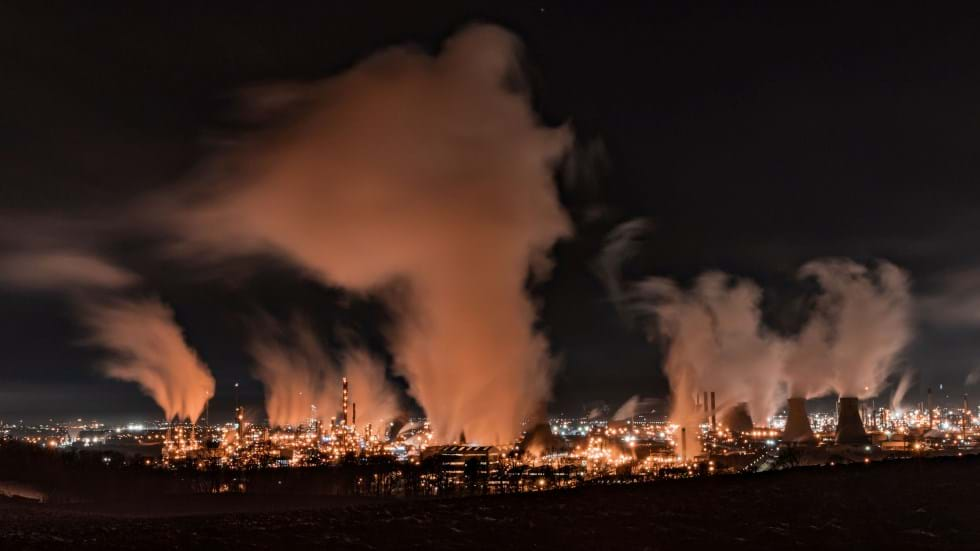Ineos proposes closure of Grangemouth ethanol plant

INEOS is looking to close its ethanol plant at the Grangemouth petrochemicals complex in the UK and says all 44 employees involved will be offered alternative roles.
The proposed closure is in response to a reduction in demand for ethanol in Europe along with increasing pressure from imports of ethanol from other regions, which has led the business at Grangemouth to run at a loss for several years. Ethanol is a feedstock used by various downstream sectors including companies who produce fuel, drugs, and cosmetics.
Closing despite efficiency gains
The plant is one of two the company owns, with the second at Herne in Germany. Its process for manufacturing ethanol involves reacting ethylene with water and steam.
Last year, Ineos said it had improved efficiency at the Grangemouth ethanol plant after a review of the entire production process identified ways to reduce water use during the conversion process and steam during distillation. The changes were calculated to save some 7,000 t of emissions per year and allowed operators to reduce temperatures and pressures and run for longer stretches between shutdowns to regenerate catalysts.
Stuart Collings, CEO of Ineos O&P UK, said: “It is never easy to close any plant and we are making this proposal only after a very thorough analysis. Beginning consultation now with our colleagues means that we can begin to plan for redeployment and phase the programme for closure in a structured manner. All ethanol-based employees will be offered an alternative role within our business.”
Ineos will offer its customers ethanol from its plant in Germany.
The proposed closure comes alongside plans to shut down the neighboring Grangemouth refinery which is being converted into a fuel import terminal. In November, Ineos joint venture Petroineos announced that refining at the 150,000 bbl/d facility could cease in 2025. The change is expected to see a loss of 400 of the 500 existing jobs at the refinery. At a government hearing in December, the company said that 50 roles will be required for decommissioning and demolition across a period of three years.
Recent Editions
Catch up on the latest news, views and jobs from The Chemical Engineer. Below are the four latest issues. View a wider selection of the archive from within the Magazine section of this site.




